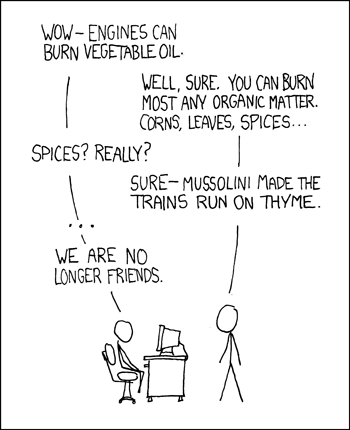How do you talk about the success of your school council?
When people visit your school do you tell them:
(a) About how this great group has redesigned the uniform, carried out an in-depth study into learning styles, raised thousands of pounds and reduced the school’s carbon footprint to zero?
(b) How it has enabled students from across the school to work together, been a channel for frustrated students to be heard and made staff think about things differently?

Almost every school I go to tells me the (a) type things – and the problems they talk about are similarly about their inability to make visible improvements to the school. But, if I ask them what their school council is they will say it’s,
a democratic body of students, there to give the students a voice in the running of the school.
They very rarely say it’s,
a group of keen and able students who help the staff.
But more and more frequently I meet teachers who tell me they’ve selected a few of the people on the council ‘to help it work better – because some of the ones who got elected might struggle’, or even that they’ve done away with elections completely to make the school council ‘more effective’.
More effective at what?
What are the success criteria for a democratic organisation?
I would suggest that the most important is how well it involves everyone, not how well it involves the ‘right’ people. If you need to change the system to make it more effective this should be to make it more inclusive, not more efficient.
But if you’re going to change the system (and I think most schools need to), why not do both? Getting the whole school involved in identifying issues, coming up with solutions and taking action will result in far more changes and and wider engagement. Focus on spreading discussion and action to class councils, rather than pulling it in to the school council. Use whole school meetings, have online forums and noticeboards that the whole school can contribute to, set up action groups that anyone can be on, set up ‘social action time’ when the whole school is supported to work on their own projects.
* Fascist dictator of the 1920s and 30s, Benito Musolinni is often claimed to ‘have made the trains run on time’, it may well be that even this achievement is over-stated: http://www.snopes.com/history/govern/trains.asp

